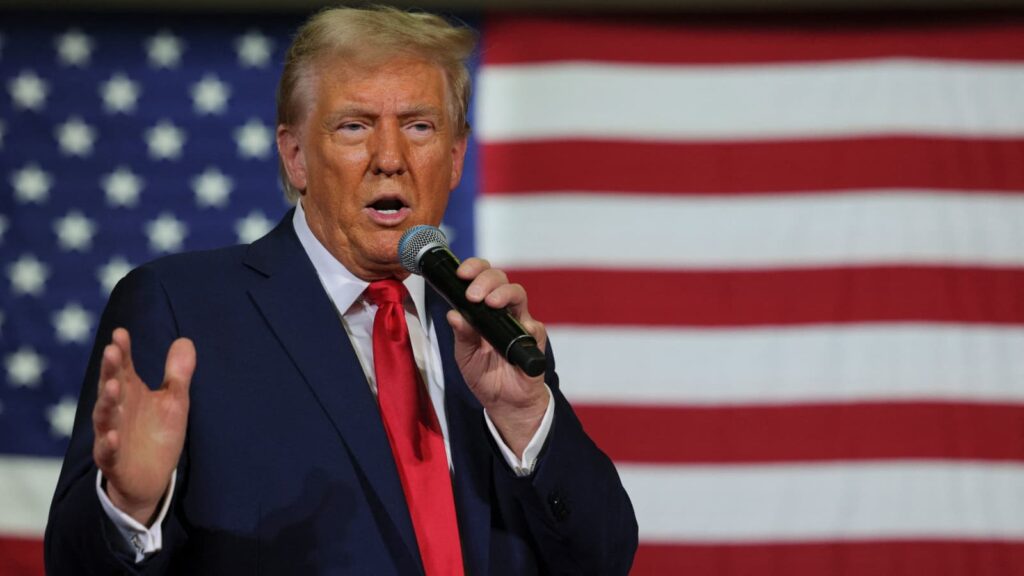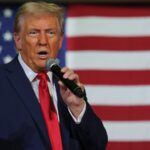As of January 21, 2025, President Donald Trump has initiated his second term with a series of executive orders aimed at swiftly implementing his policy agenda. These actions span various domains, including immigration, trade, energy, and social policies.
Key Executive Orders:
- Immigration Policies:
- Termination of Birthright Citizenship: An executive order has been signed to end the automatic granting of citizenship to individuals born on U.S. soil.
- Reinstatement of the “Remain in Mexico” Policy: This policy mandates asylum seekers to await U.S. immigration proceedings in Mexico, aiming to deter illegal immigration.
- Trade Measures:
- Imposition of Tariffs: New tariffs have been levied on imports from Canada and Mexico, justified by concerns over illegal immigration and drug trafficking.
- Energy and Environmental Policies:
- Withdrawal from the Paris Climate Agreement: The U.S. has exited the international accord aimed at combating climate change, reflecting a shift in environmental policy.
- Expansion of Offshore Drilling: An order has been signed to increase offshore drilling activities, promoting energy independence.
- Social Policies:
- Restrictions on Diversity Programs: Federal diversity training programs have been limited, with an emphasis on promoting a unified national identity.
- Gender Definition Policies: A binary definition of gender has been reinstated for federal programs, affecting various civil rights protections.
- Pardons:
- Issuance of Pardons: Over 1,500 pardons have been granted, including to individuals involved in the January 6, 2021, Capitol riot.
Analysis and Implications:
While executive orders allow the president to enact policy changes unilaterally, they are subject to limitations. Many of these orders may face legal challenges and require legislative support for full implementation. For instance, altering birthright citizenship would likely necessitate a constitutional amendment. Additionally, the imposition of tariffs and withdrawal from international agreements could have significant economic and diplomatic repercussions. The reliance on executive orders underscores the complexities of enacting lasting policy changes without bipartisan legislative collaboration.



